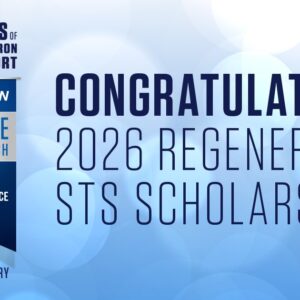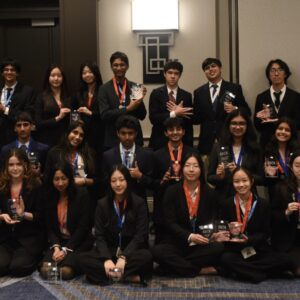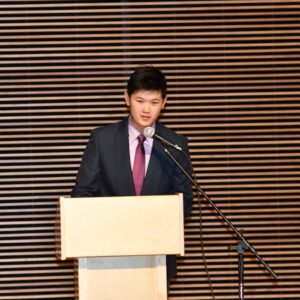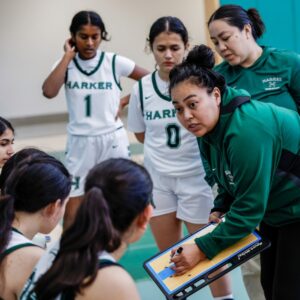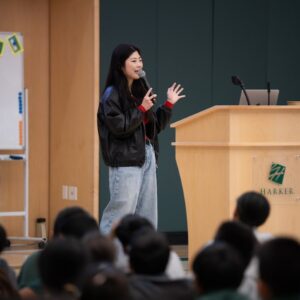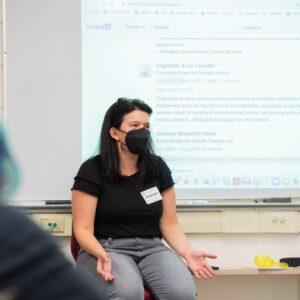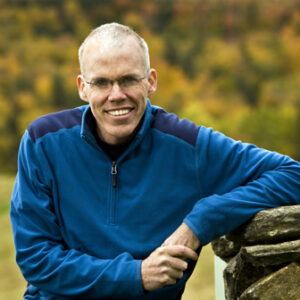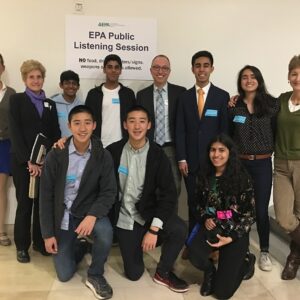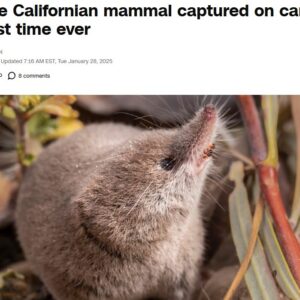Student Shasvat Jawahar, grade 6, wanted to treat his classmates to something special for his twelveth birthday. Instead of the usual party-and-snacks affair, however, he asked Dr. Sailesh Rao of the non-profit company Climate Healers to speak at a special after-school assembly.
Rao founded climate healers after 20 years in the networking industry, prompted by a talk from former vice president Al Gore about the ongoing climate crisis. Inspired, he started up Climate Healers with belief that if humanity could reforest one-sixth of the earth’s ice-free land, CO2 emissions could be reduced enough to halt or even reverse the amount of CO2 being released into the atmosphere.
In his presentation, Rao presented the example of an area of India that had become dried and withered as farmers allowed their livestock to graze on the land and deforested as people chopped trees for wood. A group called the Foundation for Ecological Security reached an agreement that allowed for the protection of a portion of the land and within four years, lush greenery and forests had returned to the protected area.
The earth’s resources, Rao said, are being depleted at an astonishing rate. According to Rao, over the past 200 years, the worldwide human consumption measured in dollars has jumped from $400 billion in 1800 to $25 trillion in 2000. Since 1980, human consumption has exceeded what the earth can produce. In doing his part to combat this, Rao has become vegan and participates in a “buy everything day,” in which he purchases almost all of the year’s necessities and buys only food and gasoline for the rest of the year.
Rao has also been traveling abroad to find ways to reduce resource consumption. During one trip to a village in India, he handed out solar lights to discourage the use of kerosene lamps. The lights ended up having the welcome side-effect of reducing snakebites by allowing people to see where they were walking at night.
On another trip, he gave solar cookers to the villagers to prevent them from chopping down trees for firewood. When he returned months later, he found out that the villagers weren’t using the cookers because during the day they worked in the fields, and no sunlight was available to power the cookers once they returned home. Undeterred, Rao has been working with teams at the University of Iowa and the University of California at Berkeley to build a solar cooker that can store energy for nighttime use. A prototype, he said, is due in May.
Following the presentation, Rao invited the students outside to enjoy samosas made with a solar cooker. Cloudy weather notwithstanding, students enjoyed both the sun-cooked treats and one of the 200 brownies that Shasvat’s mother, Radha, baked for the occasion.

